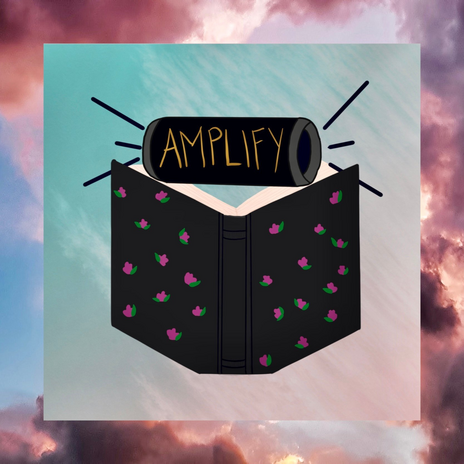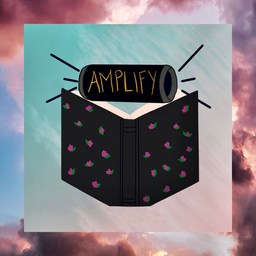Edited by Arnav Diwan
A sustained theme in Western literature with Muslim characters has been a reproduction of old stereotypes. Western movies and Netflix shows have shown Muslim men as angry barbarians in need of help and Muslim women as oppressed and in need of liberation throughout the years. Instead of letting Muslims–1.6 billion people across thirty-nine countries–tell their own stories, there’s a constant projection of a specific idea of what Muslims are. Tired of seeing the same tropes replay, I’ve collated some books you can read to get a true perspective on the lives of Muslims. While it isn’t possible to touch upon the experiences of all Muslims and the intersectionality of our struggles when islamophobia merges with racism, xenophobia, caste, class struggles and sexism, this is just an attempt at providing a space for own-voices Muslim books in your reading. This is especially imperative in a time where most discourses around social justice have repeatedly failed women of faith.
Love From A to Z, S.K. Ali: A bold and illuminating tale of a young woman navigating islamophobia, racism and ignorance at her school, and a young man diagnosed with multiple sclerosis coming to terms with his disease, which had also killed his mother. Becky Albertalli calls this “The bighearted, wildly charming, painfully real love story I’ve been waiting for.” The author’s writing is passionate, emotional and true to Muslim experience(s).
It’s Not About the Burqa, Mariam Khan: Seeing the media being rife with inaccurate accounts of Muslim women being written by white men was the motivation for the author to write this book. These are seventeen individual accounts of diverse Muslim women, exploring themes of faith, love, racism and women’s rights. This book is a strong rebuttal again homogenized potrayals in mass media, calling out performative ‘inclusion’ to further capitaistic ends, the discomfort of western stakeholders with Muslim women being more than preconcieved notions and the layered nature of violence–ethnic and sexist–that the latter face in the West.
The Beauty of Your Face, Sahar Mustafa: The story revolves around an Arab-American woman’s journey with faith. Leaving the neoliberal cliche of renouncing Islam to attain ‘liberation’, the protagonist’s solace in her faith takes centre stage. Dealing with themes of loss, identity, community and compassion, Sahar’s book is compelling and evocative. This book was longlisted for the 2020 Center for Fiction First Novel prize.
Reclaim Your Heart, Yasmin Mogahed: This is a recommendation for any Muslims reading this article. In the author’s own words, “Many of us live our lives entrapped by the same repeated patterns of heartbreak and disappointment. Often, we have no idea why this happens. ‘Reclaim Your Heart’ is about freeing the heart from this slavery. It is about the journey in and out of life’s most deceptive traps.’ Mogahed’s approach of coalescing psychology and faith in this book provides young Muslims with valuable insight. Her simple writing style and beautiful use of metaphors is a bonus.
Postcolonial Banter, Suhaiymah Manzoor Khan: This debut collection of poetry is hard hitting, masterful and defiant. It moves from dissent against coercive state power to reflections on the difficulty of writing. Her way with words allows her to write about common experiences that often go unsaid. It especially embodies the voices of millions of British Muslims and British South Asians and their experiences with islamophobia. This book has immense educational value, seeking not only to understand the world but to change it.


